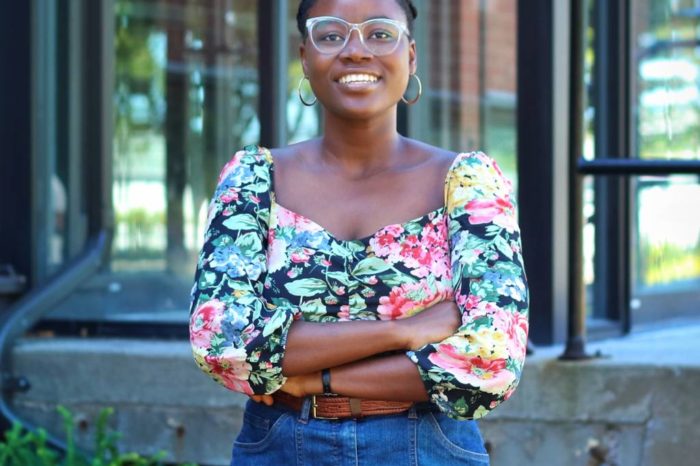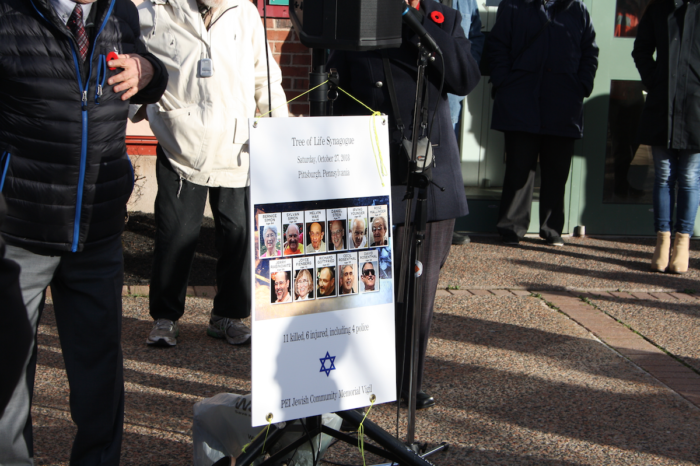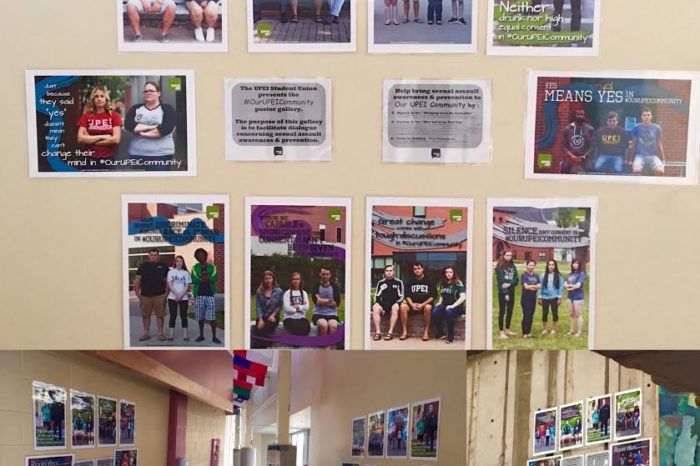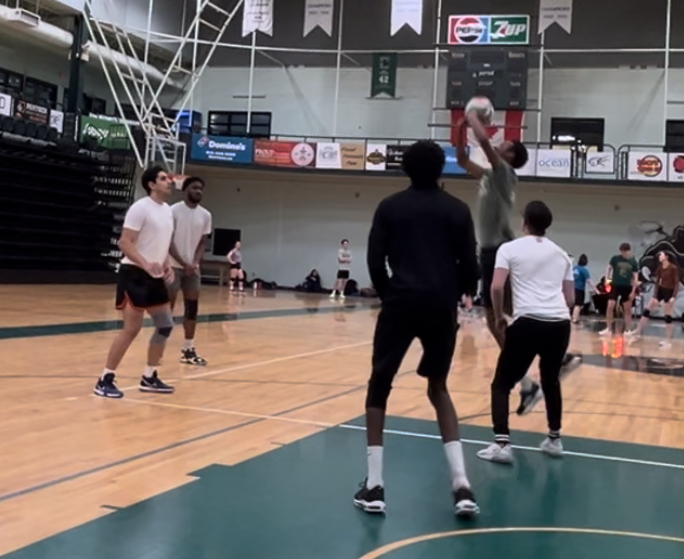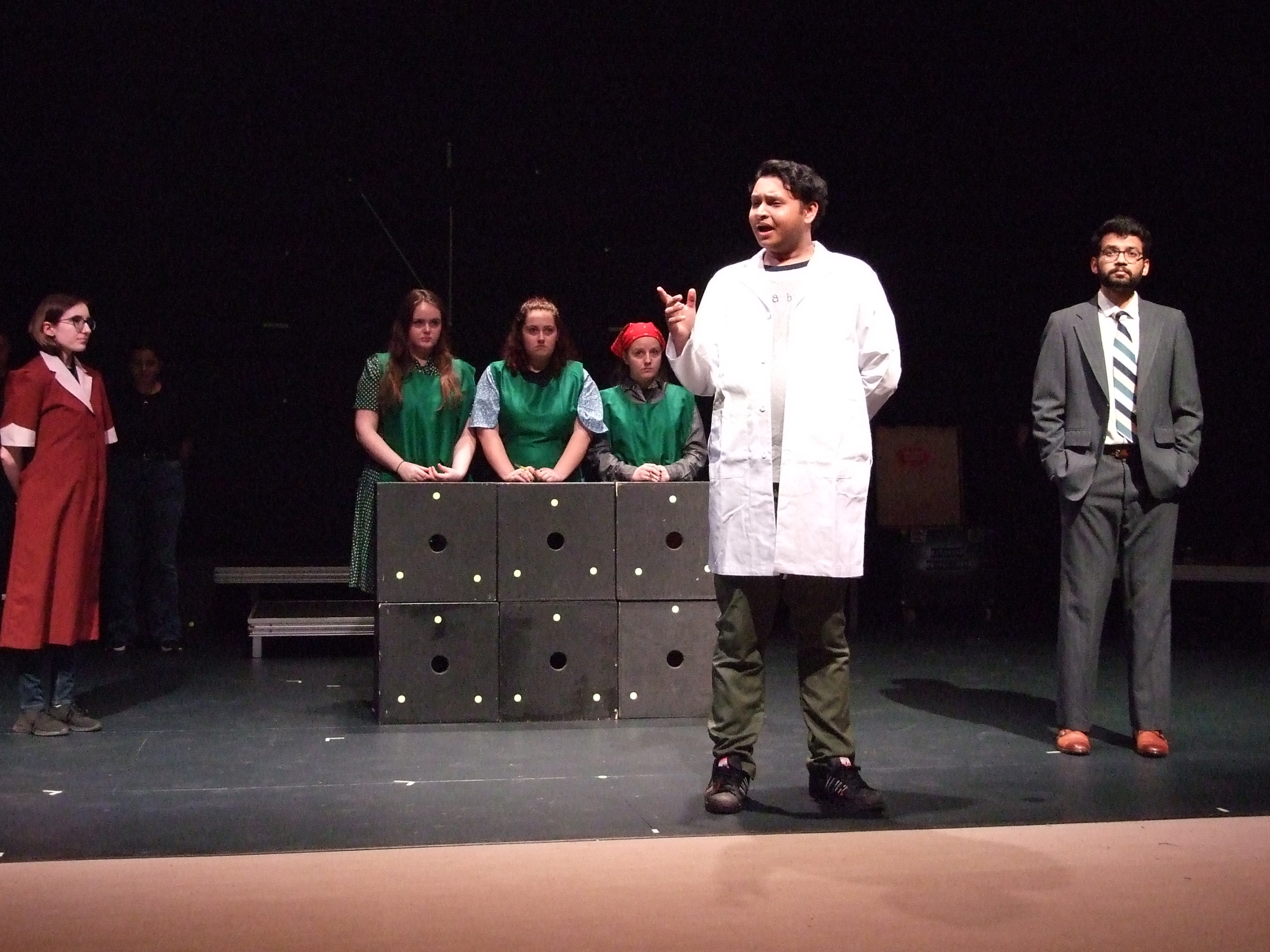By: Nick Scott
By now, most, if not all of you, are aware of the organized terrorist attacks on Paris that have resulted in the deaths of at least 129 people, and which have injured 300 more.
The organization and devastation wrought by the terrorists organizing these attacks has left me numb; when I saw an article covering the attacks appear on my timeline last night, and reading that at least four had been confirmed dead, it was horrific, unreal. With each subsequent update confirming more and more deaths, I (and I’m guessing at least some of you) just felt something… go blank.
I usually have a lot of things to say as to why events like this happen, or the political implications of such events on international politics and other such analyses, going on off on a near-rant. Yet, in light of the attacks, I have no criticisms, no argument, and no thesis on the 5 W’s of the attacks.
I struggle even to write this much. And what else can you even say apart from “That’s awful†or other such trivial utterances? What else can you do, apart from sharing that news article you found especially compelling on your Facebook wall, or changing your profile picture to feature the French tricolour?
All I can say for certain is that my own personal response to the attacks has given me insight to a bias blind spot I hold that I never truly understood or realized before. Watching videos of people fleeing in the streets, and hearing the explosions in the background, I eventually realized that I had seen such a scene just the day before, in news coverage of two suicide bombings in the Lebanese capital of Beirut which killed at least 41 people.
Even as I’m typing that, that number feels, to be brutally honest, little more than numbers on a screen. In a region that has seen continuous strife and conflict, violence is depicted as the norm, and you don’t see an article about the middle-east unless there’s some mention of death or injury in it.
When the Boston marathon bombing happened on April 15, 2013, I remember talking about it for days, if not weeks. A few classmates in my English class gave rousing oratories about the bombing and its inability to shake the pillars of Western society and so forth.
Not once in that year did I hear or see anything about the wave of bombings and shootings across Iraq on April 15, 2013 that resulted in the death of at least 75 people, and the injury of 356 more.
With these two examples, and the many, many stories about violence in the Middle-East, I’ve realized how desensitized I’ve become to death and tragedy in the Middle-East; frankly put, I realized that I don’t mourn for the victims of the Beirut and Paris attacks with the equal amounts of sorrow and compassion.
I’ve come to expect security, freedom, and all other positive virtues in the western world, and instability, repression, violence and other such negative qualities in the Middle-East.  This makes it all the more shocking when attacks such as those in Paris occur, because in addition to the devastating loss of life that occurred in the attacks, the attacks also serve to contradict and upset my status quo notions of the West. On the other hand, attacks in Beirut, Baghdad or Aleppo are just one of many in the Middle-East; tragic, yet typical.
And when I say this, I’m sure that many of you reading would object to feeling this way yourself, crying out “a life lost in Beirut is just as tragic as one in Parisâ€, and of course, you’re right.
But do our actions reflect our words?
How many of you felt that void, that emptiness, when reading the news about Paris? How many of you checked on the story to read updates during the evening, and this morning? Did you sit there, stunned, poring over every paragraph, every sentence, every word of the article you read, or winced at the sound of  explosions and gunshots in videos of the Stade de France explosions or in the storming of the Bataclan concert hall?
And yet, how many of you felt that same emptiness when reading the news about the Beirut bombings, or the many, many attacks that came before it? Did you cling to every single word written down, checking for hourly updates? Did you post a picture on Instagram with the caption #PrayforBeirut, or inserted a filter with the Lebanese cedar tree and triband of red and white on top of your Facebook profile picture?
To make a personal argument, when I heard about the Paris attacks, when I saw those videos, heard the stories, and saw the numbers of deceased go from 4 to 50 to 150, all in the span of a few hours, I cried (a little bit), and followed the story incessantly, and am still reading articles following the attacks and their consequences. And yet, when it came to the Beirut bombings, I probably skim-read one article about the bombings, and after a few minutes pushed it to the back of my head.
And perhaps this is too harsh of a criticism to make; we all know that death is tragic, regardless of age, sex, religion, race or ethnicity, and for that, I apologize if I offend. Yet, if our thoughts and our actions do not reflect this knowledge, well then what good is it to have such beliefs in the first place? And maybe this bias isn’t any fault of our own; the media, the state, society and culture, perhaps they all contribute to forming this bias. I don’t know.
But if we don’t pay the same attention, and if we don’t feel the same remorse for the victims of the Beirut bombings as we do for the victims of the Paris bombings, can we truly label ourselves as individuals that seek equality and compassion for all?
